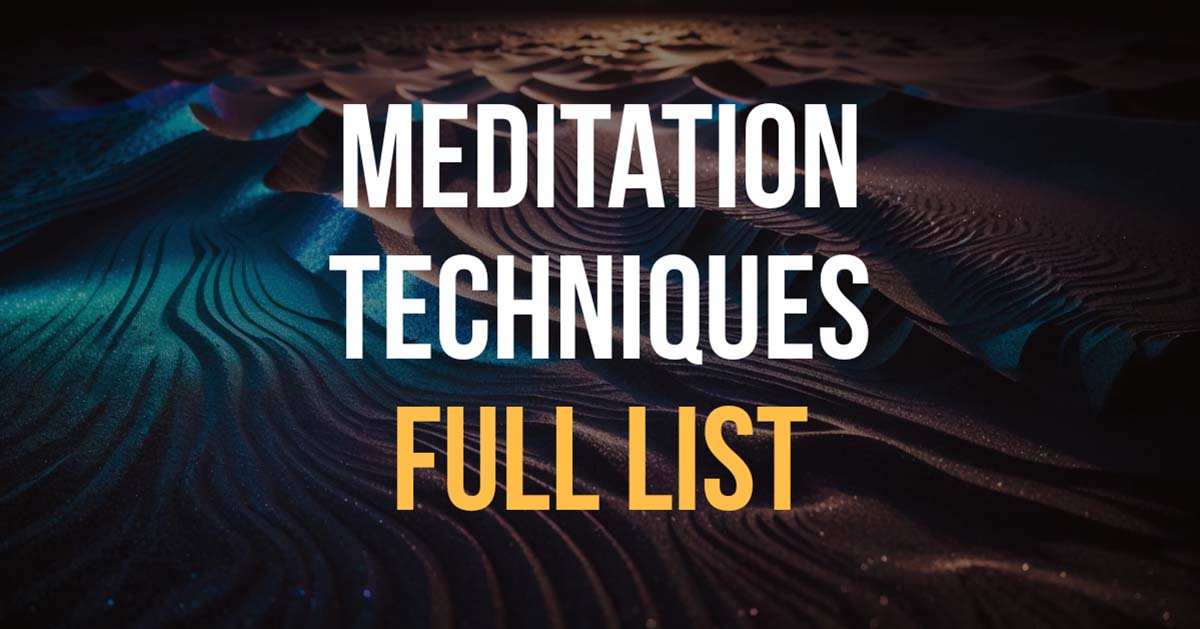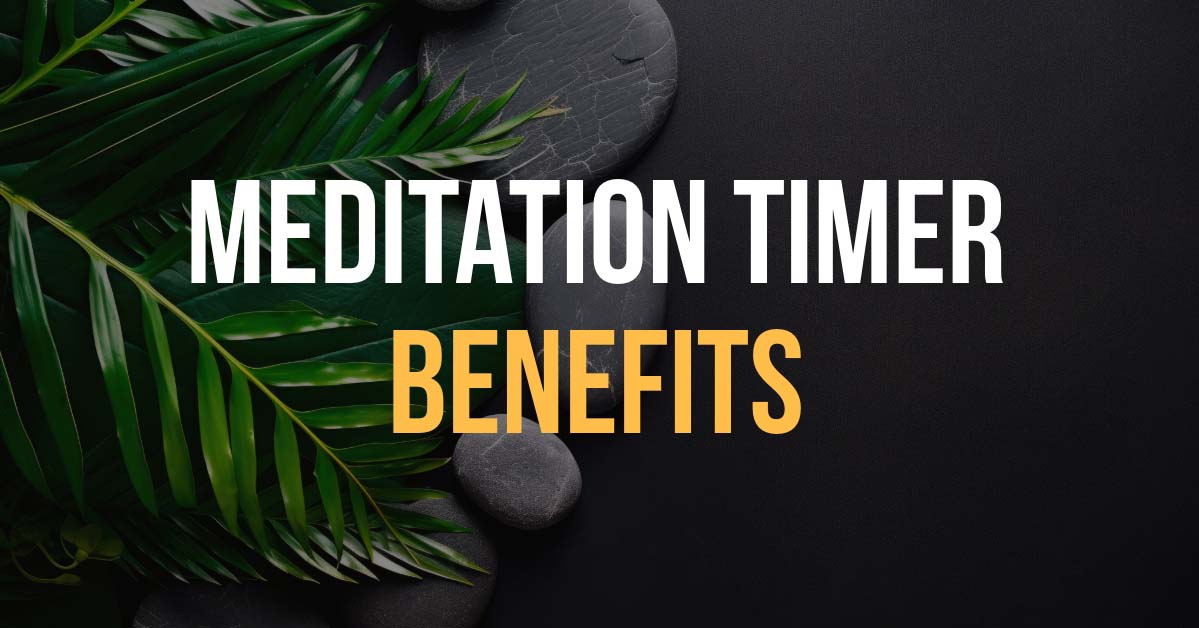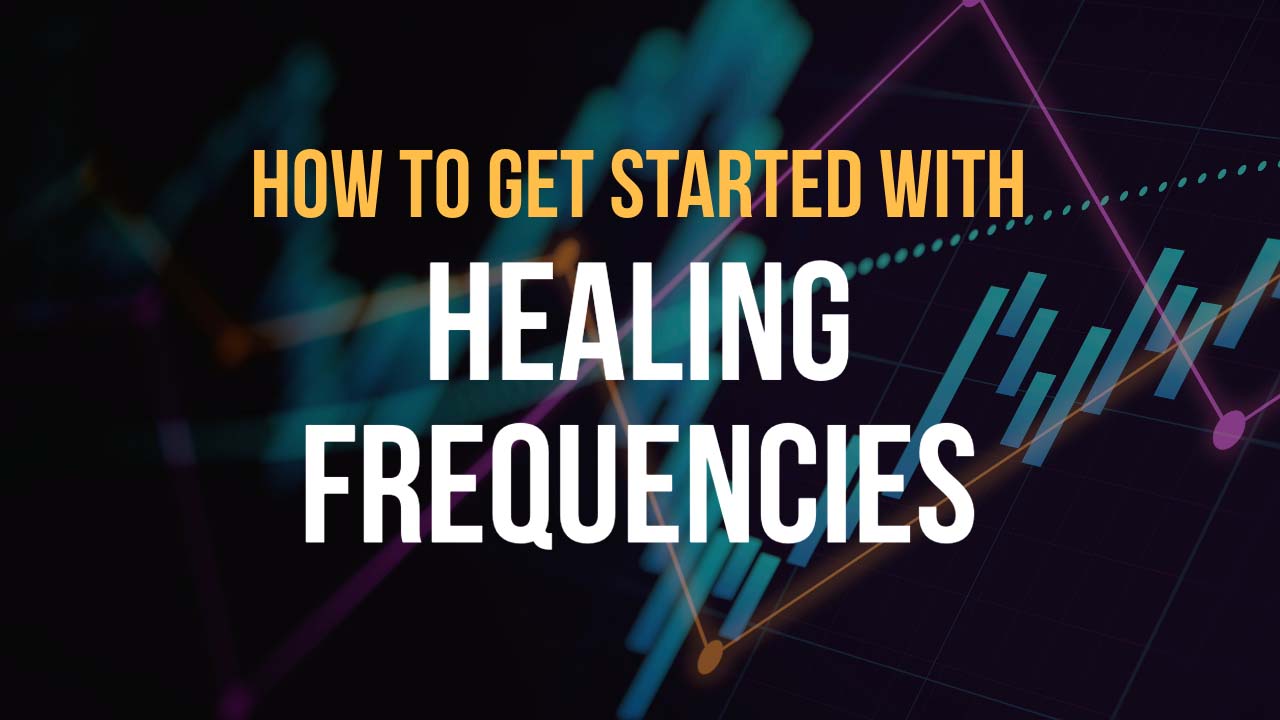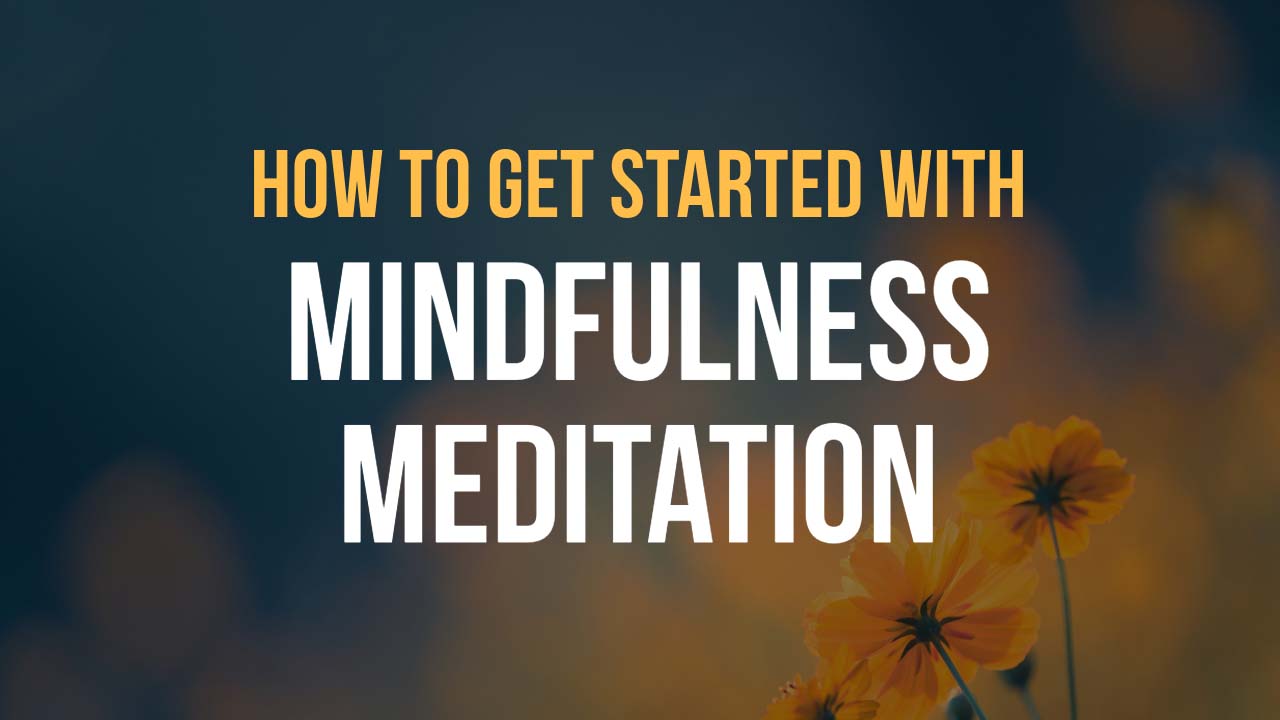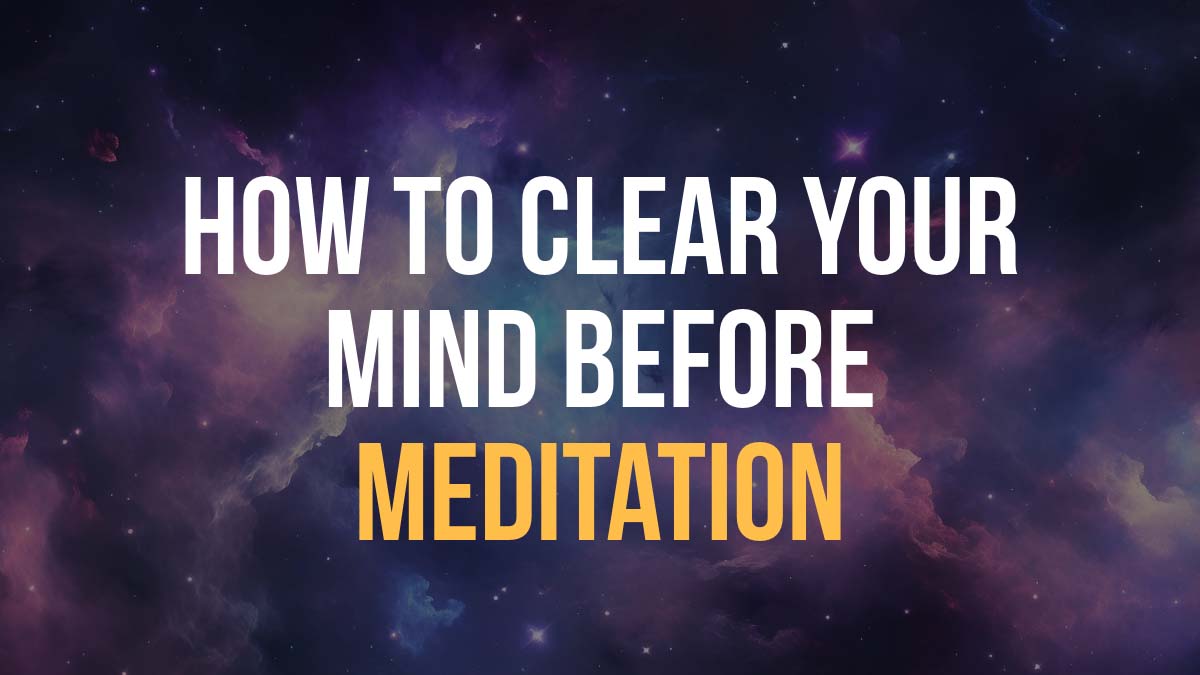How To Use Mindful Meditation To Ease Anxiety: 5 Tips For Success
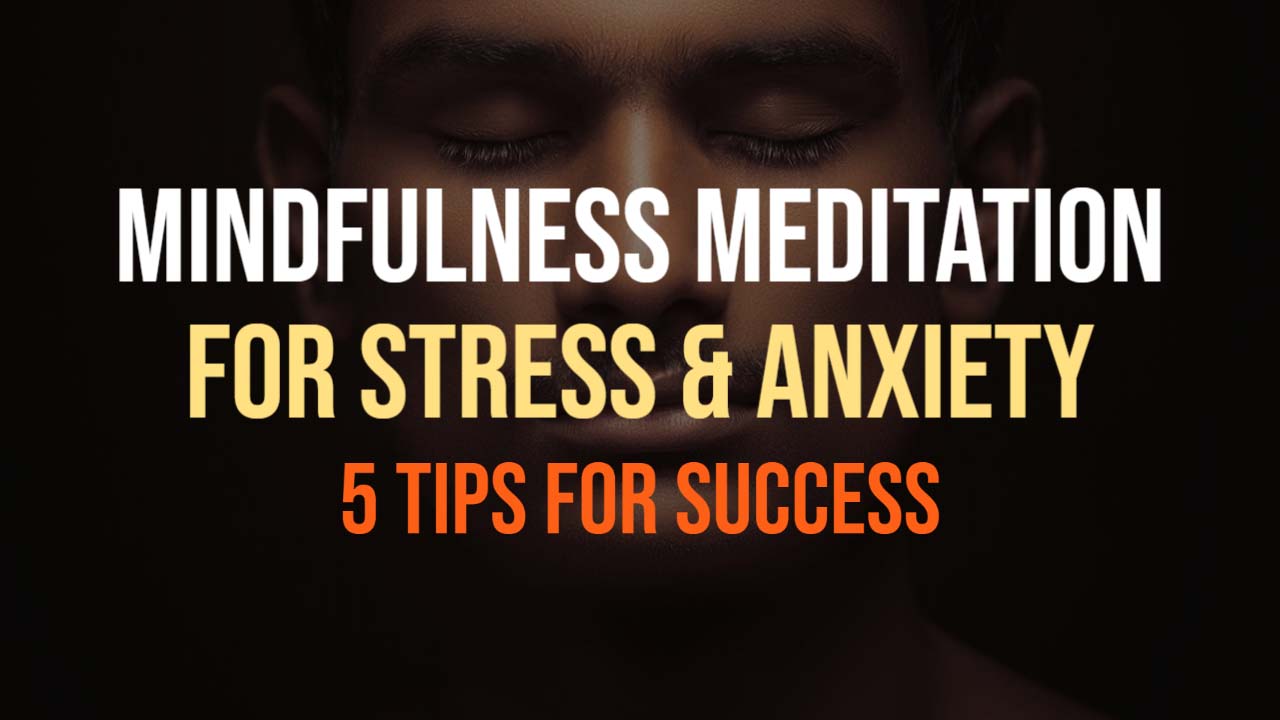
Anxiety disorders are one of the most common mental health conditions in the world, affecting millions of people.
While many treatments are available, mindfulness meditation remains one of the most accessible options.
Read more to learn how you can get started with mindful meditation to relieve stress and anxiety.
How exactly meditation helps with stress and anxiety?
Mindful meditation involves focusing on the present moment, without judgment or distraction.
It can be an effective way to calm racing thoughts and reduce the physical symptoms of anxiety, such as rapid heart rate and shallow breathing.
But exactly all this works?
When we experience anxiety, our minds tend to become fixated on past or future events, often with a sense of worry or fear.
Mindful meditation can help us shift our focus to the present moment, without judgment or distraction.
By practicing mindfulness, we can train our minds to stay calm and centered, even in challenging situations.
Is there any scientific evidence that meditation helps to relieve anxiety?
There is a growing body of research on the effectiveness of mindfulness meditation for anxiety.
According to a study published at the National Library Of Medicine, research on mindfulness-based interventions has increased exponentially in the past decade.
The results have shown effectiveness in decreasing the severity of symptoms of anxiety in a diverse group of individuals who are seeking treatment.
Other studies have found that mindfulness meditation can also help reduce symptoms of post-traumatic stress disorder (PTSD), obsessive-compulsive disorder (OCD), and social anxiety disorder.
Additionally, a study published in the Journal of Health Psychology found that mindfulness meditation can help improve overall quality of life for people with anxiety and depression.
At this point, it is safe to say that, while more research is needed to fully understand the effects of meditation on anxiety, it can be a helpful tool for managing the stress.
As with any treatment, we recommend you consult with a qualified healthcare provider to determine the best course of action for your individual needs.
5 simple tips to succeed with mindful meditation for stress and anxiety

While your situation call for a unique approach, here are some general tips to help you succeed with your meditation for anxiety practice:
1. Avoid distractions
Choose a space where you feel relaxed and won’t be interrupted.
Sitting on a cushion or chair with your feet flat on the floor can help you feel grounded.
Using a meditation timer is a good way to avoid common distractions, like checking the clock all the time.
2. Start with a short session
You don’t need to meditate for hours to see the benefits.
Start with just a few minutes a day and gradually increase the length of your sessions over time.
Here’s an example of a short, 5 minute meditation to relieve stress and anxiety.
3. Focus on your breath
Pay attention to the sensation of your breath as it moves in and out of your body. That’s the easiest way to stay focused and avoid getting distracted.
Remember, when you get distracted, you give your anxiety a chance to return!
If your mind begins to wander, gently bring your attention back to your breath.
4. Be mindful of your thoughts and feelings
As you meditate, different thoughts and feelings may arise.
Rather than trying to push them away, simply notice them and observe them without judgment. Act as an outside observer.
5. Practice regularly
That’s one of the most important tips!
The change does not happen after one meditation. Consistency is key!
Try to meditate at the same time each day to establish a comfortable routine that works for your schedule.
Bonus tip: Use guided meditations
If you’re not sure how to get started, there are many guided meditations available that can walk you through the process.
We offer guided audio meditations recorded by the professional mindfulness coach, as well as written meditation scripts that you can read and practice on your own.
Browse a collection of our best guided meditation scripts for anxiety.
Frequently asked questions and answers about meditation for anxiety
How long does it take to see the benefits of meditation for anxiety and stress?
The amount of time it takes to see benefits from meditation can vary depending on the individual and how frequently they practice.
Some people may experience benefits after just a few sessions, while others may need to practice regularly for several weeks before noticing a difference.
What type of meditation is best for anxiety and stress?
There are several types of meditation that can be helpful for anxiety and stress, including mindfulness meditation, loving-kindness meditation, and body scan meditation.
Ultimately, the best type of meditation depends on your personal preferences and needs. Try different kids and see what works best for you.
How often should I practice meditation for anxiety?
Regular practice is key to experiencing the benefits of meditation for anxiety and stress.
Ideally, your should aim to practice daily, even if it’s just for a few minutes at a time.
Consistency is more important than the length of the meditation session.
Can meditation replace other forms of treatment for anxiety and stress?
Meditation can be a helpful tool for managing anxiety and stress, but it may not be effective for everyone or on its own.
If you have severe symptoms, we strongly recommend you work with a healthcare professional to develop a comprehensive treatment plan that may include other forms of treatment, such as therapy or medication.
How do I know if I’m meditating correctly?
There is no right or wrong way to meditate, and the experience may be different for everyone.
It is important to approach meditation with an open mind and not judge oneself for distractions or racing thoughts.
If you’re still not sure if you’re meditating correctly, try working with a trained meditation instructor or using guided meditations to develop a consistent practice and learn best techniques.
Try meditating with music for better results
Music can be a powerful tool to enhance the effects of mindfulness meditation by creating a calming and soothing environment that can help to reduce stress and promote relaxation.
When using music in conjunction with mindfulness meditation, we recommend using music that is calming and soothing, and that does not have distracting lyrics or rhythms.
Instrumental music or nature sounds are often good choices for mindfulness meditation. Additionally, it is important to remember that the music should be used as a supportive tool, and not as a substitute for the practice of mindfulness itself.
We put together a collection of meditative music that goes well with mindfulness meditation:
Conclusion
Mindful meditation is a powerful tool for managing stress and anxiety.
By focusing on the present moment and cultivating a non-judgmental attitude, you can train your mind to stay calm and centered, even in challenging situations.
With practice, you may find that meditation becomes an essential part of your anxiety management toolkit.
Tell us about your experience with mindfulness meditation. Does it help you with reducing stress and anxiety? Post a comment



